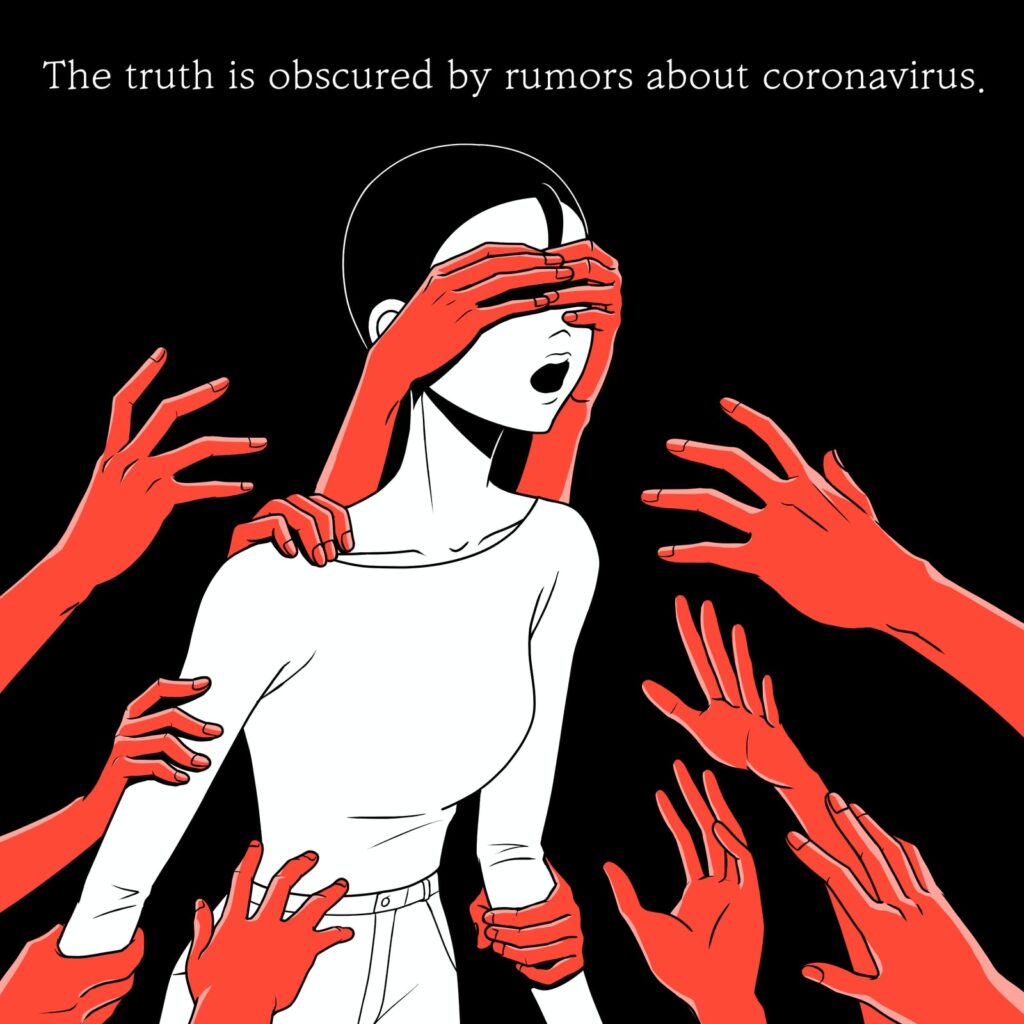Caught by COVID-19, the solidarity of some, the responsibility and the sense of community of others, make us subscribe with our eyes closed to validation for whatever the privacy policy may be; it's seeing us put visas after visas in that little square that appears at the end of each text inherent to the privacy policy “yes, I took notice”! Cookies??? Who cares?! Take everything!
Even though it may be considered a fallacious argument: collective security, the common good, has always taken precedence over the singular security – the individual good.
With all that we can criticize in this statement, we have to assume that this issue, in itself, is not new.
Let us remember the questions of bioethics whenever they resort to utilitarian models to answer dilemmas, or even something as simple as the fact that we have Communicable diseases with mandatory notification, eg Botulism.
Much has been said about an app that alerts users if someone close to you (even if unidentified) has been infected with COVID-19.
The question to be asked is whether, because it is not a mandatory application, because it does not save the location (does Google and Apple allow it?) and because it does not reveal the identity of someone infected, it will be able to understand yourself while holding.
And we could start a treatise from here: where is the data housed, who accesses it, and when does it reach what levels of data does it reach?
An application promoted by the State, supervised/developed by a private non-profit institution, always and inevitably raises questions – no matter how good the common purpose.
And back to the old philosophy question: do the ends justify the means? It's not the App that saves us and it's good that we are aware that transparency, if omitted in the first phase, will have social consequences that will be difficult to recover.
This is not just philosophy(s), we all know or will agree on the general assumption that a society can be controlled with a simple cyber attack.
It is easy to fall into the superficial (but symbolic) discourse that everything counts to “help you see the invisible”. A bit like the third season of Westworld a million dollar question What we should put on the scene is: who will benefit from the innovation of science and technology?
We live in unusual, bizarre and at the same time (sur)real times in which some countries have taken the opportunity to rescue the fictional tendency of the power of some to validate the voice of interested parties.
For this reason, maybe it's a good time to think about digital validity and ethics, listening to those who never stopped thinking aloud, that is to say, in community.
Author: Read Raquel Neves
© 2020 – Science in the Regional Press / Ciência Viva
Read Raquel Neves he graduated in Philosophy at the Faculty of Arts of the University of Coimbra, then integrating the Master's Degree in Public Health at the Faculty of Medicine of the University of Coimbra, writing the thesis: «Health as an Authentic Public Health Problem».
Over the past five years, he has worked at the Center for Interdisciplinary Studies of the XNUMXth Century of the University of Coimbra (Group of History and Sociology of Science), investigating issues that intertwine the philosophy and sociology of science with the historical and scientific evolution of the concept of health, as well as questions of practical ethics and bioethics.
Later, she worked at the Center for Social Studies of the University of Coimbra, having been part of the project “Intimacy and Disability: sexual and reproductive citizenship of women with disabilities in Portugal”, where she was part of the Center for Studies on Democracy, Citizenship and Law (DECIDE) .
In Lisbon, he was part of the final stretch of the project Genetics Clinic of the Future (funded by the European Commission under Horizon 2020) headquartered in the Science and Policy group at the Institute of Chemical and Biological Technology, Universidade Nova de Lisboa.


















Comments